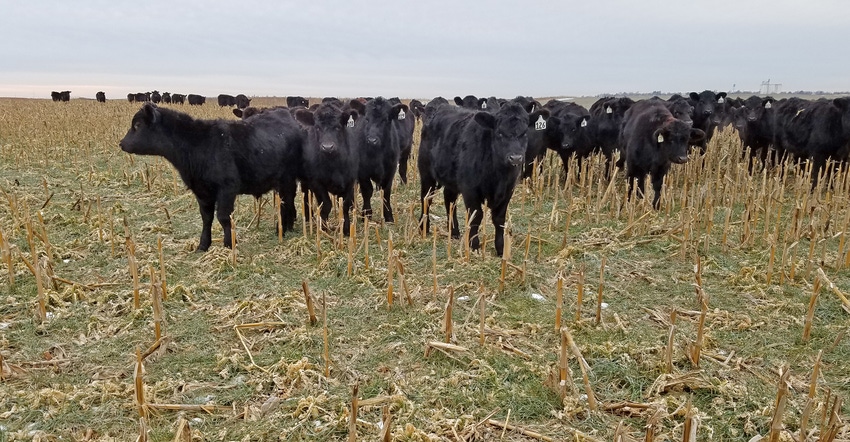December 10, 2020

It’s been a long time coming, but there are signs that the day is rapidly approaching when agriculture advocates can actually get out the message that agriculture is a friend of the environment — and a big piece of the solution to climate change.
In the past year, there has been increasing awareness of the role agriculture plays in carbon sequestration, with some major players including Shopify, Amazon, General Mills, Bayer and more getting involved to finance a marketplace that allows farmers to get paid for the carbon that their practices tuck away in the soil.
An even brighter spot is the reality that the very practices that help farmers increase carbon storage also help them increase soil fertility and yields from cash crops. Carbon stored in the soil is organic matter, and that translates to less chemical fertilizer use, which equals lower input costs and increases productivity.
The work is already well underway, with standards being put in place that accurately measure just how much carbon is sequestered by practices like no-till, year-round cover crops and the addition of livestock to the rotations. A new emphasis on reducing carbon from a new administration in Washington is only going to accelerate that progress toward adding a revenue stream for farmers.
New emphasis on livestock’s positive role
I’ve been especially glad to see the documentation that livestock are a natural part of the cycle, and that grazing animals are key to reducing the use of chemical inputs such as herbicides and fertilizers; and at the same time, they efficiently convert forbs that are not good sources of nutrition for humans into tasty protein.
On another front, there has started to be more talk of the positive things that ethanol contributes to the environment by reducing the amount of fossil fuels consumed, reducing toxic fumes and providing a higher-octane fuel that facilitates the development of more energy-efficient vehicles.
As the incoming Biden administration is likely to put a new emphasis on fuel efficiency rules that were rolled back during the Trump years, the time is right for ethanol advocates to make sure the right message gets to the right ears.
What ethanol can provide is a high-octane additive that reduces the carbon footprint of not just the fuel burned in automobiles, but at the refinery level by replacing the energy-intensive aromatics that are currently used to increase octane. That message needs to be delivered and heard.
Agriculture has been misrepresented in a lot of ways. Advertising firms love to use pictures of 1950s John Deere tractors when they talk of anything “wholesome” about rural life. It just looks more iconic than the far friendlier, emission-controlled giant that is actually part of the modern world.
We’re bombarded with messaging that says GMOs are “dangerous.” But the messages never mention that those “plant-based meat products” are chock-full of GMOs.
Agriculture advocates may not be able to do much to turn off those messages. But we’ve got a real good chance to drown them out with consistent data on carbon sequestered, toxins reduced and efficiency improved. The goal should be to make sure there is at least one sentence of agriculture’s contribution to the solution every time there is a discussion that contains the word “carbon.”
You May Also Like




